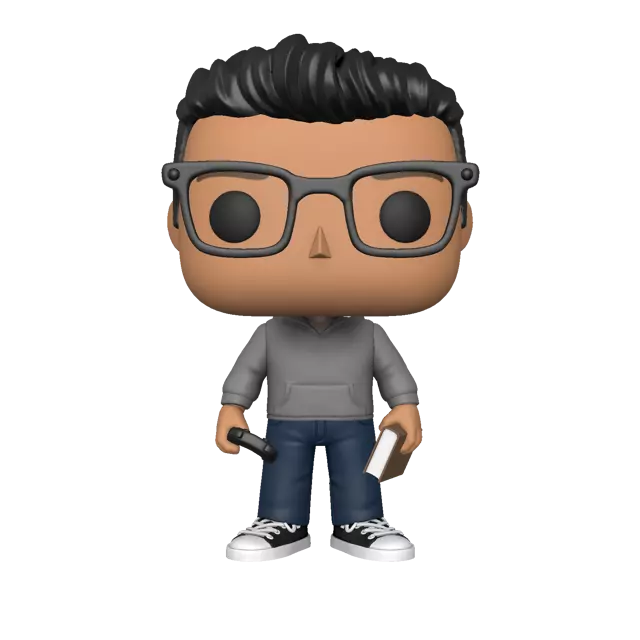Children and adolescents diagnosed with high blood pressure have double the risk of major cardiovascular problems as adults, a new study that followed them into their 20s and 30s reports.
It’s another example of a serious disease striking people at younger ages than in previous generations and should serve as a call to action for routine blood pressure screening in primary care, Rahul Chanchlani, the senior author of the new study, told STAT.
“These are those children where a physician actually took the blood pressure and labeled them with hypertension. Imagine the vast majority of the pediatric population where they’re not even checking blood pressure,” said Chanchlani, associate professor of pediatric nephrology at McMaster Children’s Hospital in Hamilton, Ont. Citing hypertension’s reputation as a “silent killer,” he said, “The majority of these children or adults have no signs or symptoms, so unless you check it, you’re going to miss it.”
The new paper, appearing Monday in JAMA Pediatrics, delves into outcomes from diagnosed hypertension, tracking more than 25,000 Canadian young people who were 3 to 17 years old when the study started in 1996, comparing them to more than 128,000 children and adolescents without known high blood pressure. Based on medical records and adjusted for possibly confounding factors, they found that by 2021, hypertension diagnosed in childhood was associated with a higher likelihood (6% vs. 3%) of having a stroke, being hospitalized for a heart attack or unstable angina, and developing congestive heart failure.
The risk for complications due to chronic hypertension is well known by now, and screening would be nice to increase because of this. But are we just accepting that children have more hypertension now? Should we investigate and address root causes? Is it due to increased childhood obesity or high cholesterol? Chronic stress? Could we improve those to lower blood pressure in the first place instead of just screen and prescribe?



